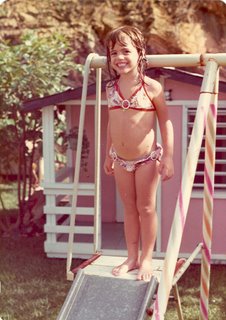.16
He got back quickly with the cooler. It was still dark out, but he had to work fast.
He took out his scalpel. Punctured neatly the skin of her abdomen—point pressing down and a little globe of blood. He cut carefully, with ease, hand sliding against her skin and surely turning the corner—a perfect right angle. He peeled back the layer of skin and there they were, like Queens, miraculously suspended over the tubes bowed and humbly waiting like willow trees. He snipped and they came with ease into his hands. Plums. He removed her ovaries. He sealed them in plastic bags, covered them in ice, closed the lid and turned one last time to her.
“Thank you for this chance,” he said to her.
He bent down. Kissed her on the forehead. Got up and wrote a note to the porter: “Signore, please forgive that I was unable to remove her as I promised. And please forgive this request, but I hope you understand that it is an act of desperation. Please take care of her. She has an orange dress with white flowers in the closet. Dress her. Brush out her hair. Braid it if you know how. And then, please, have her cremated. She looks like the kind of woman who wants to be cremated in pigtails.” He placed 500 euros on her bloody chest.
And then, he left with the cooler in his hands, in the early morning, and made his way, as the sun was rising, to the airport.

He took out his scalpel. Punctured neatly the skin of her abdomen—point pressing down and a little globe of blood. He cut carefully, with ease, hand sliding against her skin and surely turning the corner—a perfect right angle. He peeled back the layer of skin and there they were, like Queens, miraculously suspended over the tubes bowed and humbly waiting like willow trees. He snipped and they came with ease into his hands. Plums. He removed her ovaries. He sealed them in plastic bags, covered them in ice, closed the lid and turned one last time to her.
“Thank you for this chance,” he said to her.
He bent down. Kissed her on the forehead. Got up and wrote a note to the porter: “Signore, please forgive that I was unable to remove her as I promised. And please forgive this request, but I hope you understand that it is an act of desperation. Please take care of her. She has an orange dress with white flowers in the closet. Dress her. Brush out her hair. Braid it if you know how. And then, please, have her cremated. She looks like the kind of woman who wants to be cremated in pigtails.” He placed 500 euros on her bloody chest.
And then, he left with the cooler in his hands, in the early morning, and made his way, as the sun was rising, to the airport.




